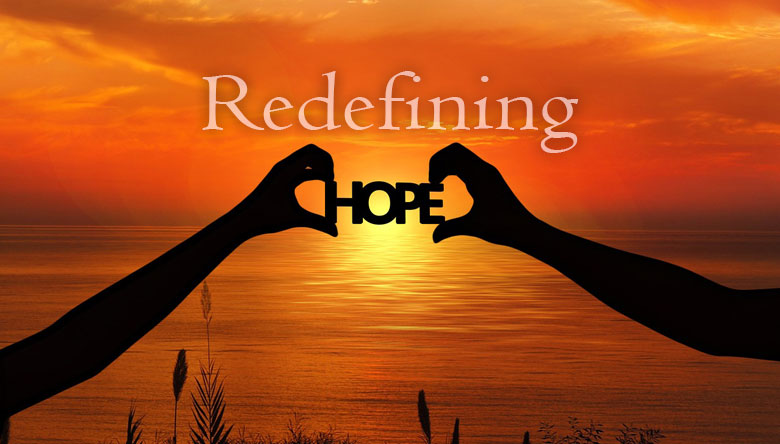What do you say to someone that is dying?

What are the words we can offer to someone that has learned that they are dying?
Our usual greeting to others is “How are you?” With that asked, who really expects an answer other than “fine”? I still find myself habitually asking that question of those that are facing terminal illness, but I quickly recognize my error and backtrack. I immediately realize what a foolish question for my friend or client that is struggling to accept the meaning of his own mortality.
What are the words we can offer to someone that has learned that they are dying, that forces them and those they love to face their mortality? Let’s start with our habitual wanting to ask about the other’s wellbeing. That includes the expectation that the other person is doing well, that they have events to share with us, that their lives hold the promise of health and a tomorrow. There is a hope just below the words, almost a given in our outer world that causes us to create the busy-ness of our lives as we identify with only this part of our awareness. It’s important to realize that once a serious diagnosis is given and the body begins to decline, this is gone. That person’s world has been shaken and a “new normal” takes its place. Hope has been jarred, then redefined. Time takes on a new meaning. Honesty between family members and friends changes: instead of the light conversations about our busy lives it becomes discussions about much deeper and more meaningful topics that often had been avoided before. As part of this inner circle of family and friends, this is a painful transition that each medical update helps to transform. But for those of us that are outside of this intimate circle, it is so hard to step into this without having walked through these diagnosis and test results with them. I find that I feel uncomfortable; unsure of where my friend is at about this incredibly hard time.
Hope: that is where I start. To really think about what hope means to me today before I make the call or visit my friend. I open myself to my own feelings about facing death, about end of life, about health care choices, palliative care, hospice care. Suddenly my usual façade and focus changes, and I see that everything between my friends and I changed when their lives took this sharp turn. Their hope for the future has vanished; hope for good health and family life has been interrupted. Since hope is part of our perception of limitless time on this earth it is an unseen part of our denial of our own mortality and our culture’s fear of death. When I take the time to reflect on these elements, my conversation becomes more compassionate. My friends can sense my level of awareness and usually react openly, sometimes saying that it is refreshing to talk to someone “that gets it.”
When I have time later to really contemplate all of this, I look more deeply at what I hope and drop into a deep awareness within me that allows for a greater sense of impermanence. I pause and marvel at the moment more often. I appreciate time with new sense of awareness. I value my relationships and my life ever more deeply.
The Buddhist philosophy of contemplating our death as a daily practice teaches these very things. One of the core elements of this practice includes the conviction that “the only thing that will help us at the time of our death is our mental and spiritual development”. Imagine how each of us would respond to that friend or family member facing their death had we contemplated our own each day? Imagine our reaction to terminal illness or death if we had adopted this daily practice?
Rather than offer a script of responses for reaching out to those we love that are facing terminal illness, I will invite you to reflect on these principles today. Define what hope means to you….and then reflect on what it might mean to you if you knew your death was approaching. Find compassion within yourself rather than stopping at your own fear of this topic, explore these as often as you can. And forgive yourself as I do when I go to my habitual response and then counter with first an apology and then opening the door to more meaningful conversation. It is OK.
For those interested in working with me individually, I offer Inner Life Coaching Sessions in person or virtually. I will be hosting a Reflective Writing Workshop in Sturgeon Bay WI on Thursday, September 19th where we will explore “Hope in Our Lives: What is it?”
I look forward to hearing from you.
